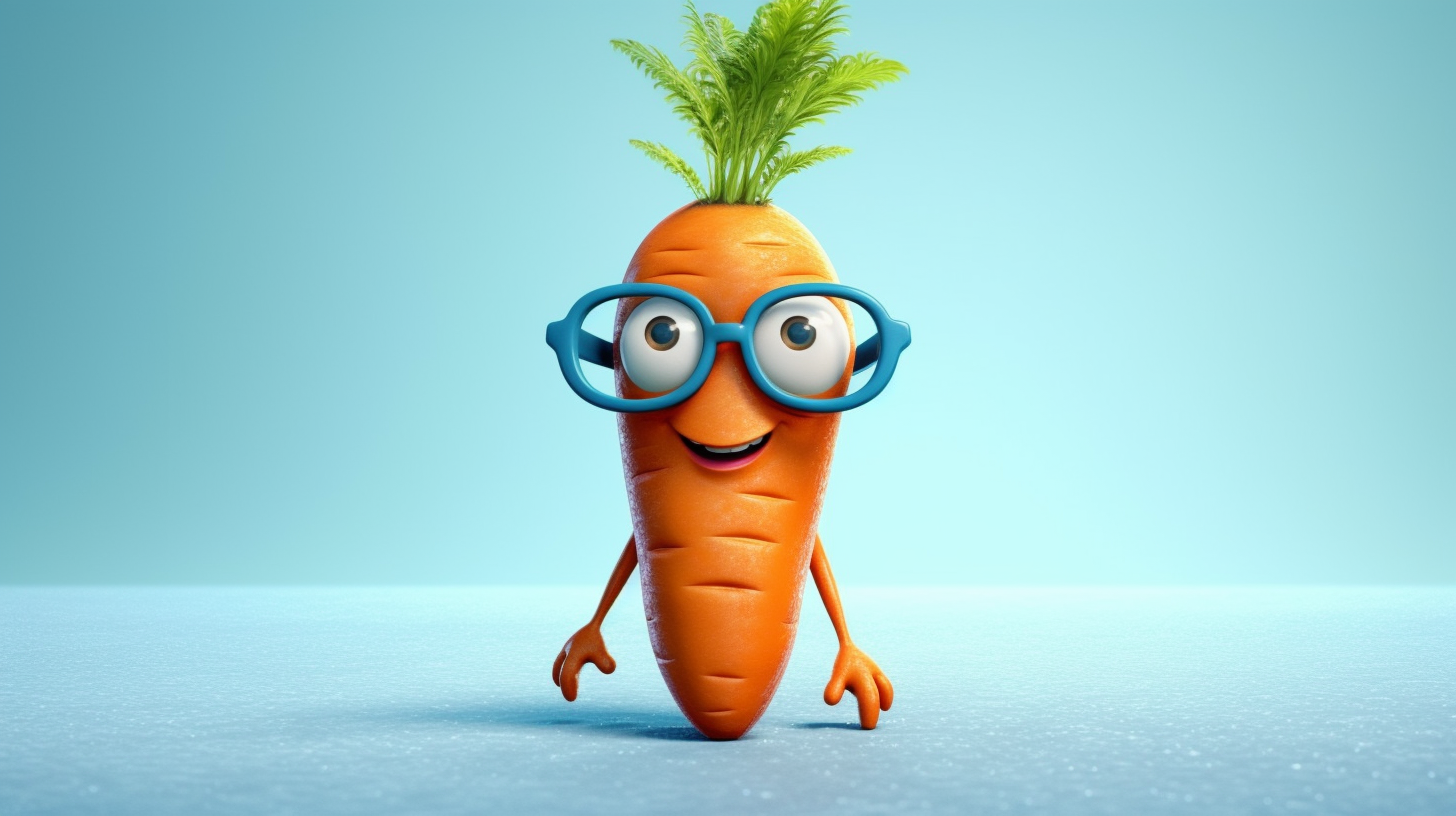3 Great Vitamins for Eye Health
2020-06-22 | By Orcam Staff

Good vision is dependent on the health of our eyes. While many eye conditions have unknown causes and are not treatable, many could be prevented by maintaining healthy vision practices. Below we will outline what foods to include in your daily diet that incorporate the best vitamins for eye health.
Goodies Found in Carrots

According to Coopervision, the myth that your parents told you about eating carrots is not such a myth after all. Carrots contain a lot of Vitamin A, as well as beta carotene, which can contribute to your eyes’ health and may provide a fantastic source of eye vitamins to help reduce damage to your eyes caused by macular degeneration and cataracts. According to Healthline, while rare in developed countries, a deficiency in vitamin A can lead to a condition called Xerophthalmia, a progressive eye disease that begins with night blindness and can ultimately end up as irreversible blindness.
Also found in carrots is something called rhodopsin. Rhodopsin is a purple pigment that helps us see in low light situations. Without enough rhodopsin, we wouldn’t be able to see very well at night, even with a cloudless sky and a bright full moon.
Other foods rich in Vitamin A are sweet potatoes, pumpkins, leafy green vegetables and bell peppers.
Lutein

Lutein is a nutrient found in kale, spinach, and turnip greens. It’s also found in our retinas, where they help filter potentially harmful blue light, thus protecting your eyes from damage, so it’s an important part of healthy vision.
Lutein can be found in high quantities in green leafy vegetables. There is also some research that suggests that taking a 6-milligram supplement of lutein daily can prevent the onset of age-related macular degeneration.
Vitamin C Helps You See

We all know to take Vitamin C at the onset of a cold, but did you know that Vitamin C is a powerful antioxidant that can protect your eyes from damaging free radicals known to cause cataracts?
In addition, Vitamin C is required to make collagen, a protein that provides structure to your eye, particularly in the cornea and sclera.
Where can you find Vitamin C, aside from grandma’s chicken soup? Vitamin C can be found in citrus fruits, broccoli, kale, kiwi, and strawberries.
Omega 3 Fatty Acids

Omega-3 fatty acids are a type of polyunsaturated fat. The cell membranes of your retina contain a high concentration of DHA, a particular type of omega-3.
For people with dry eye disease, eating more Omega-3 can help them produce more tears, which lubricates the eye.
To add more Omega-3 into your diet, you should be eating fish, flax seed, chia seeds, soy and nuts. Cooking with olive oil will also incorporate more Omega-3 into your diet.
We hope this list gave you an idea of some vitamins for eye health that you can easily incorporate into your daily diet.
This is by no means an exhaustive list and any eye care questions should of course be directed to your physician.



